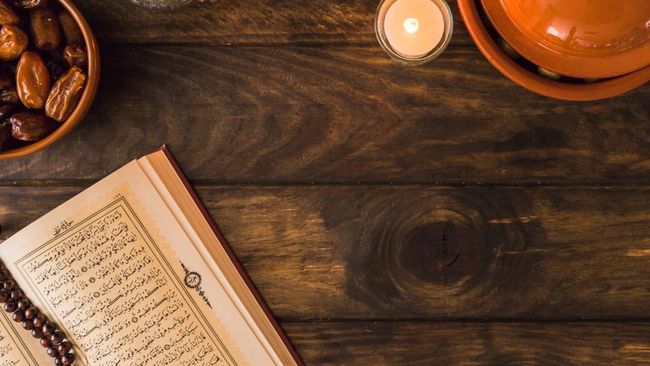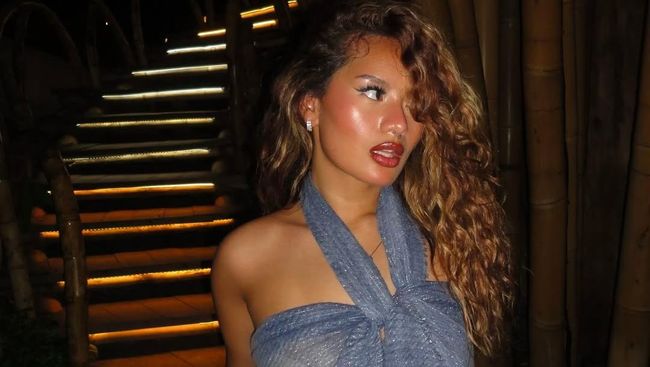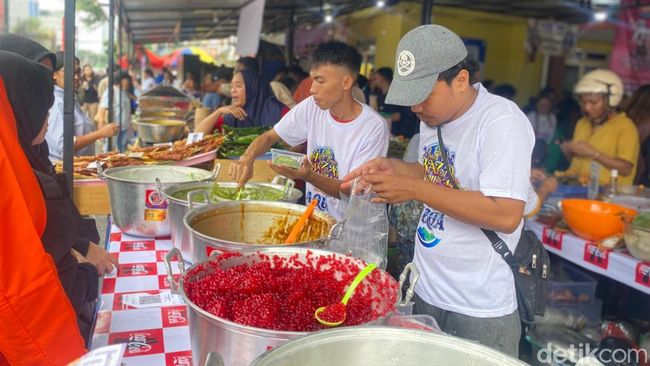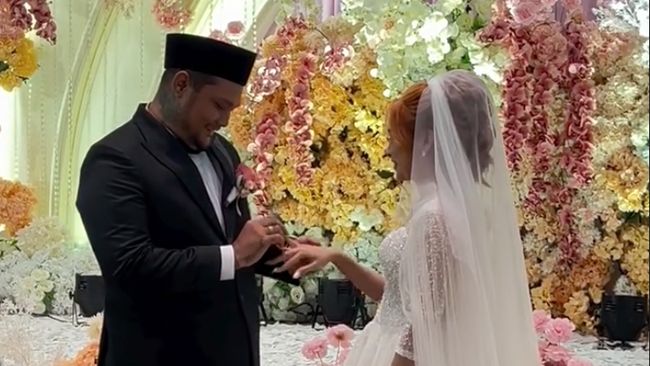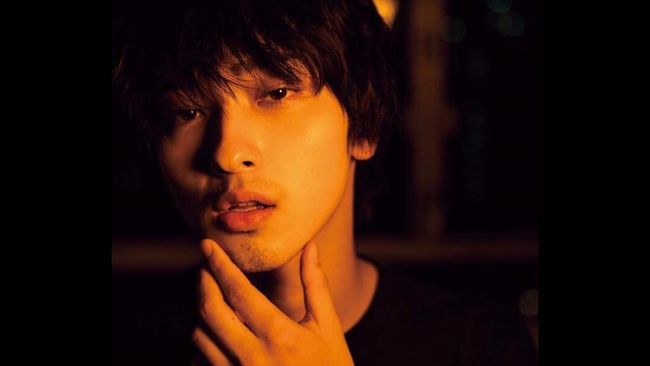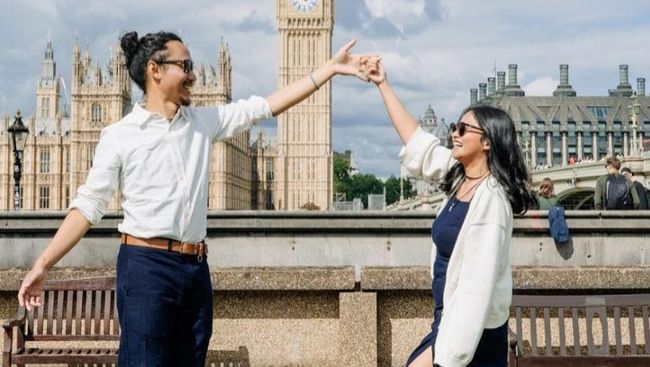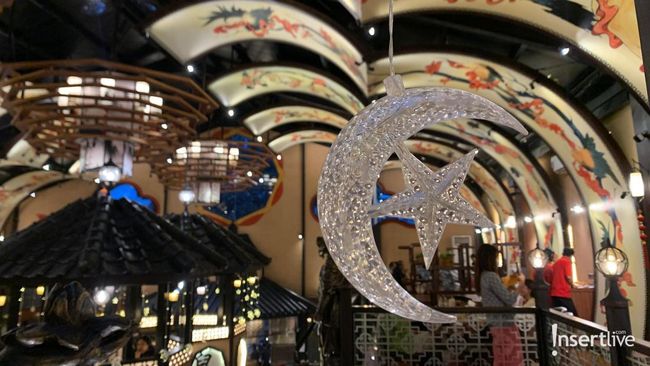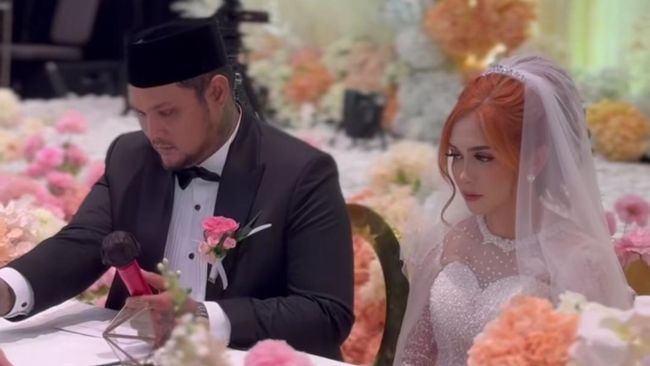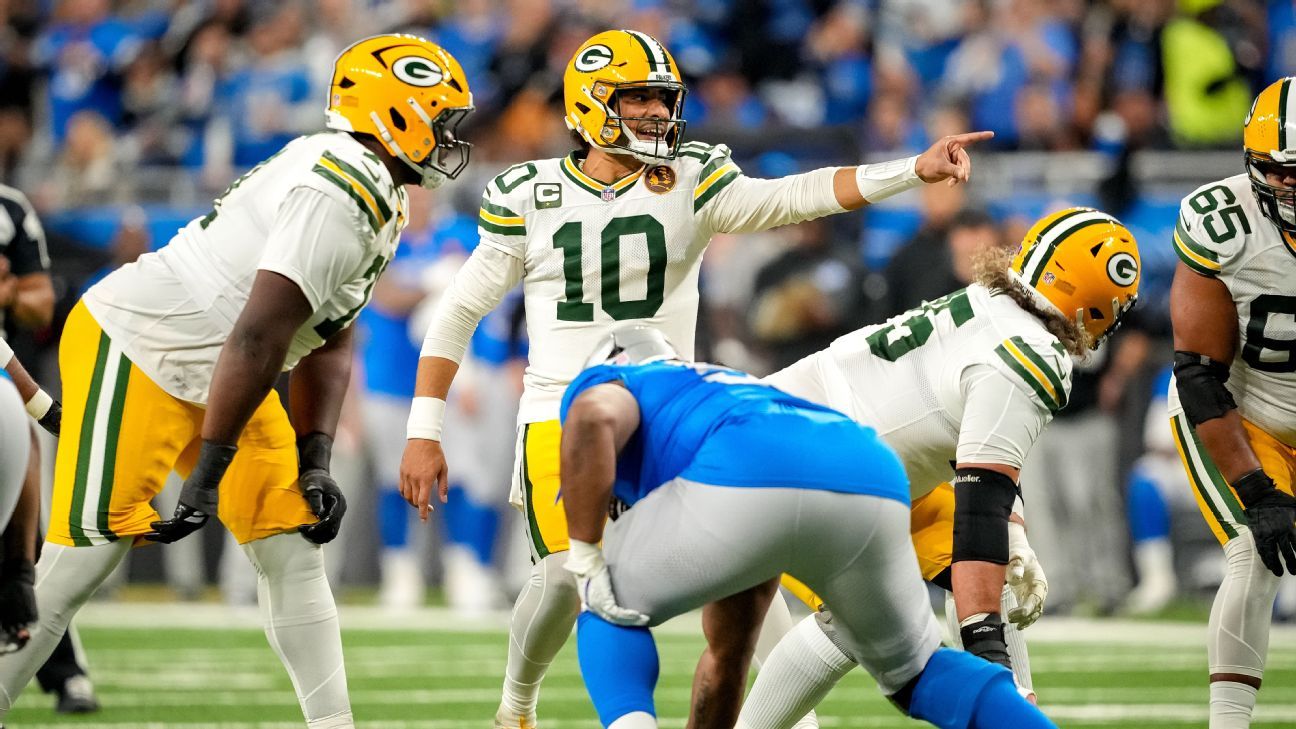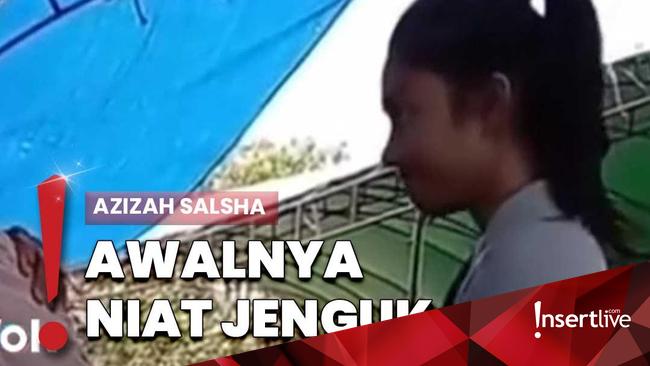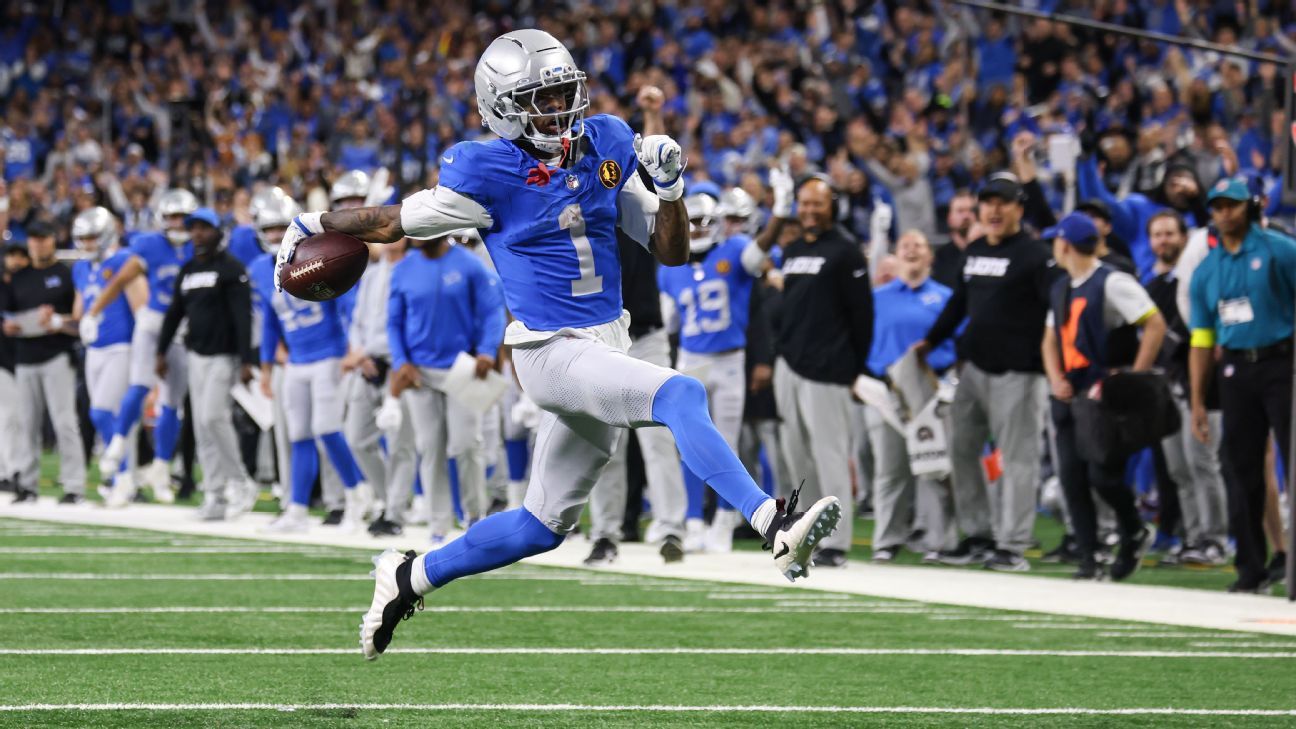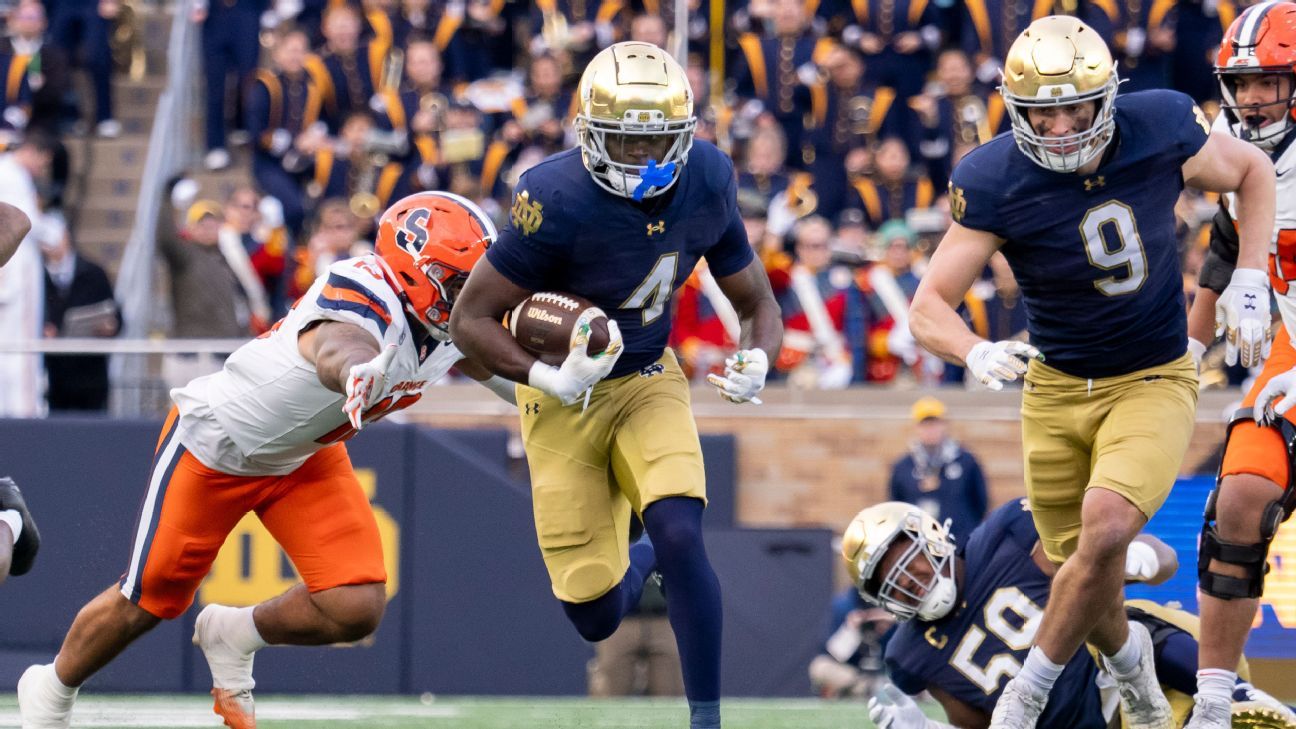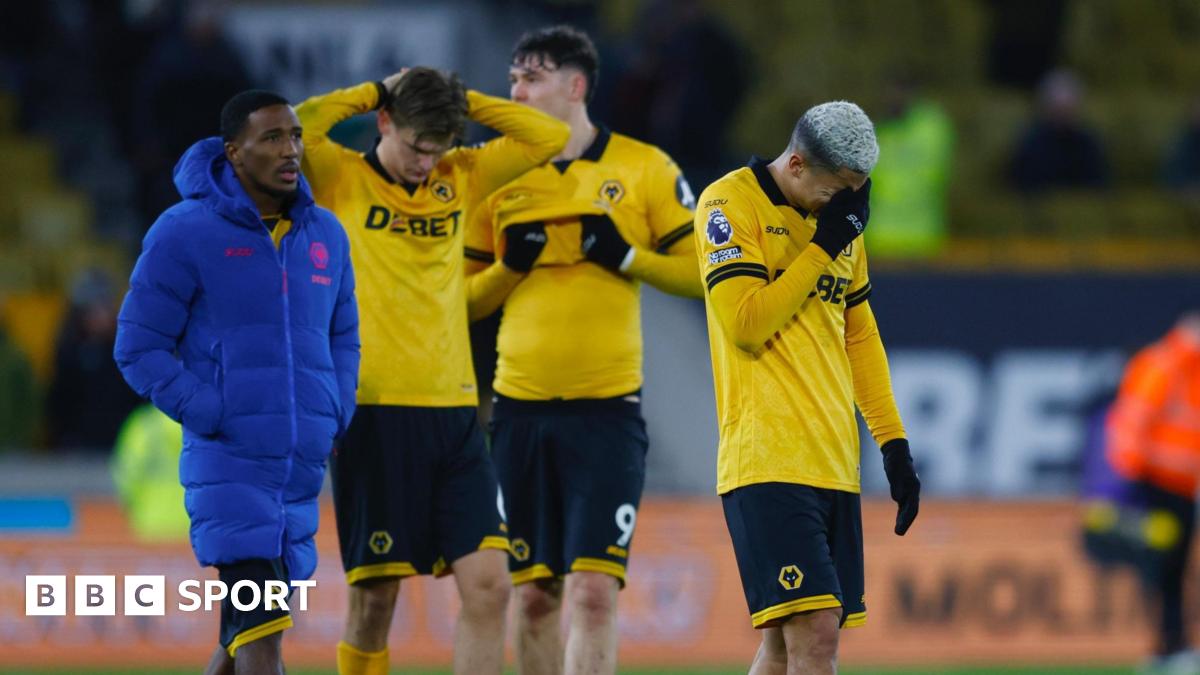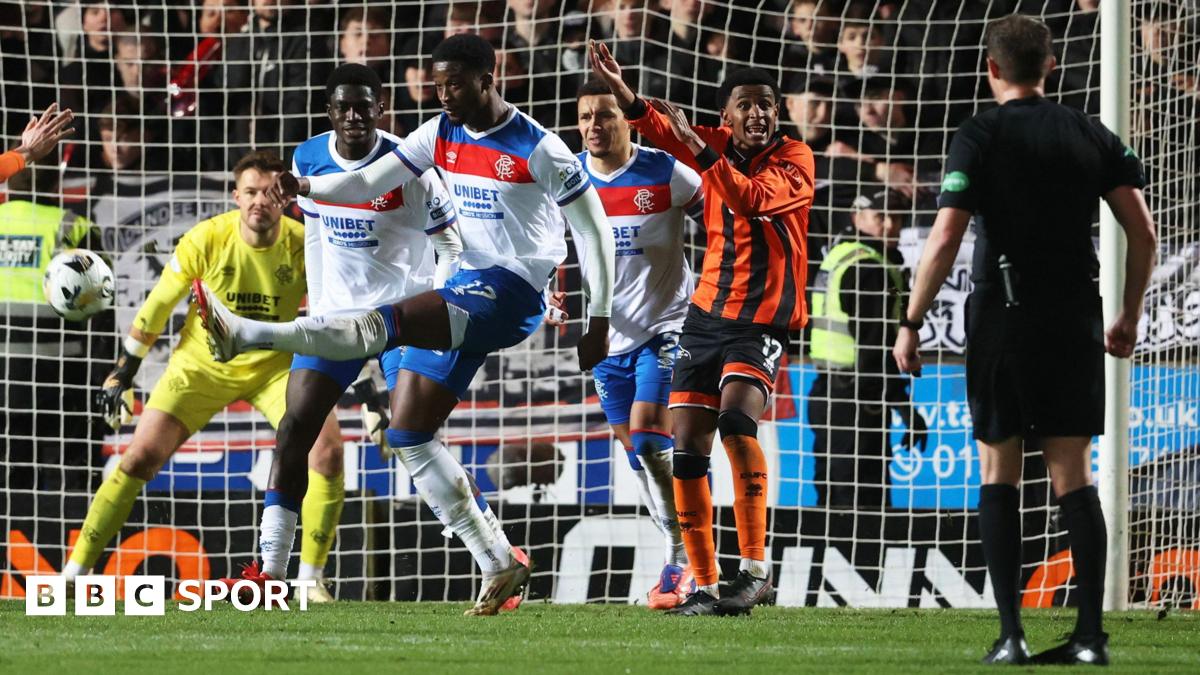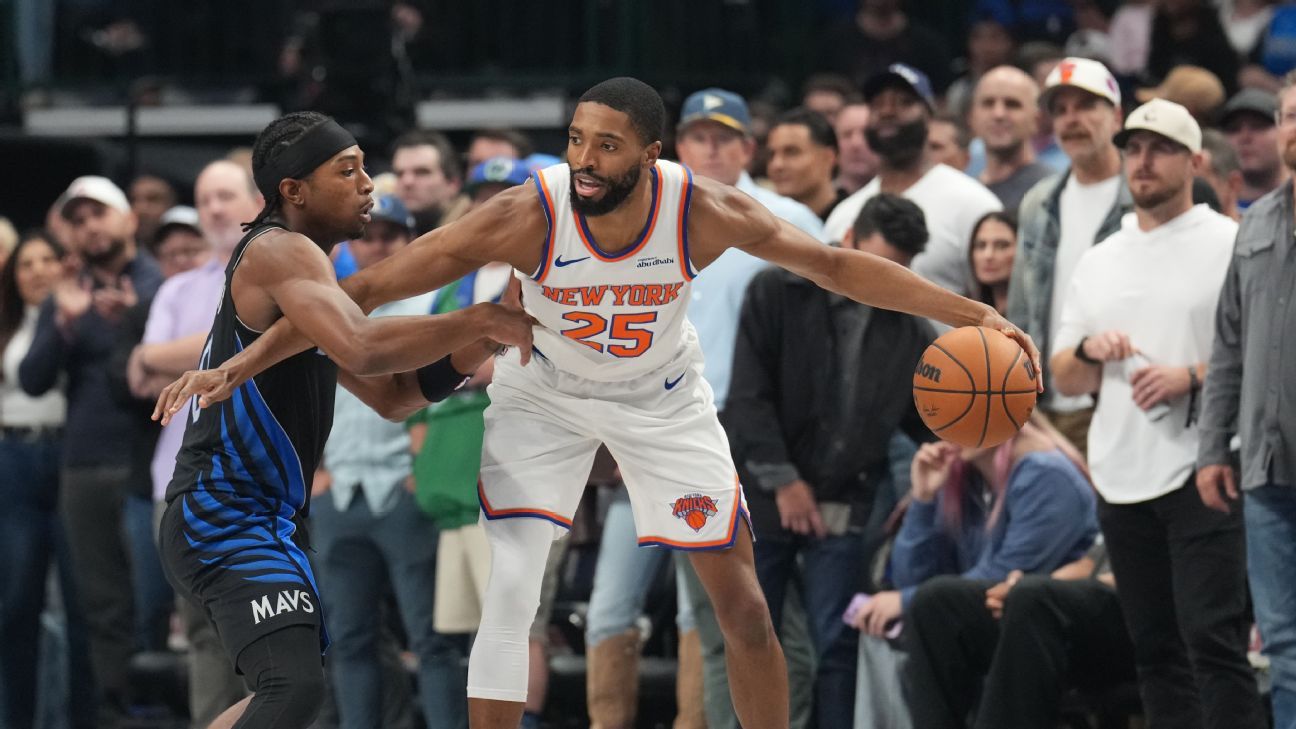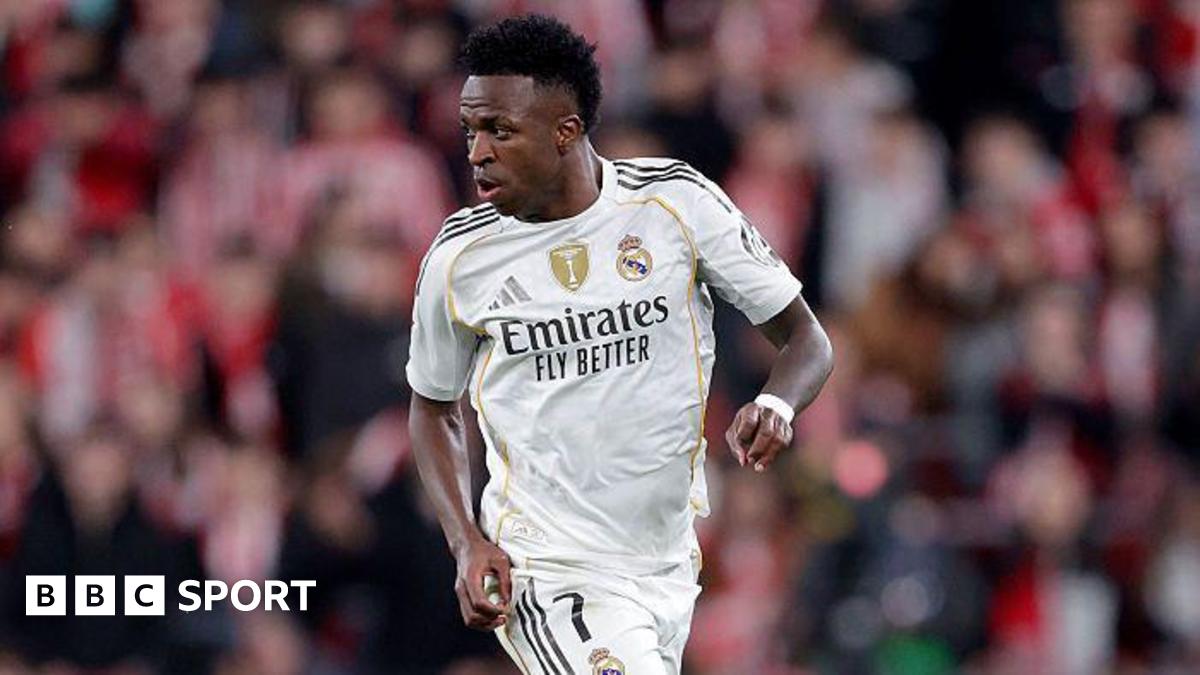
David PurdumNov 7, 2025, 02:04 PM ET
- Joined ESPN in 2014
- Journalist covering gambling industry since 2008
Six former men's college basketball players at three schools -- New Orleans, Mississippi Valley State and Arizona State -- participated in gambling schemes that included game manipulation or sharing information with known bettors, the NCAA announced Friday.
Dae Dae Hunter, Dyquavian Short and Jamond Vincent, who played for New Orleans last season, manipulated their performance for betting purposes in seven games, according to the NCAA findings. In all seven games, Hunter, Short and Vincent allegedly lost or attempted to lose by more points than the spread at sportsbooks as part of a conspiracy with outside bettors, the NCAA said.
Two players at Mississippi Valley State, Donovan Sanders and Alvin Stredic, were offered money to throw a Jan. 6, 2025, game against Alabama A&M, according to the NCAA. Sanders also was overheard discussing "throwing the game" ahead of a Dec. 21, 2024, contest against Tulsa, the NCAA found.
Former Arizona State forward B.J. Freeman was found to have shared information with a former teammate who was betting on Freeman's performance at a daily fantasy site.
Vincent denied participating in any gambling schemes when reached by ESPN on Friday. Attempts to reach Short, Hunter, Sanders, Stredic and Freeman were unsuccessful.
The NCAA permanently revoked eligibility for all six players. None of them are enrolled at their previous schools.
In the New Orleans case, the NCAA found that Hunter, Short and Vincent were overheard discussing the alleged scheme before and during a Dec. 28, 2024, game against McNeese State. An unidentified athlete told the NCAA that during a timeout near the end of the game, Short instructed the player not to score any more points, according to the findings. New Orleans was around a 23-point underdog and lost by 25.
A second unidentified athlete told the NCAA that Short told him a bettor had contacted him on social media about throwing the McNeese State matchup, according to the report. The athlete said that after the game Short and Hunter met someone about 45 minutes outside New Orleans to pick up cash, according to the NCAA.
Vincent's texts included screenshots from FanDuel and DraftKings with specific amounts to wager on the McNeese State game, according to the NCAA.
The NCAA also found text messages on Short's phone in which he and Hunter discussed receiving $5,000 and spoke with a known bettor on Jan. 20, 2025, the day of a game against Northwestern State.
In total, the NCAA found the athletes participated in the scheme against McNeese State, Vanderbilt, Texas A&M Corpus Christi, Southeastern Louisiana, East Texas A&M, Northwestern State and Incarnate Word. New Orleans lost and failed to cover the spread in six of the seven games. The Privateers beat East Texas A&M 82-73 on Jan. 18.
New Orleans suspended Short, Hunter and Vincent in late January.
At Mississippi Valley State, an unidentified men's basketball player said he overheard teammate Sanders talking on the phone about "throwing the game" against Tulsa, according to the NCAA report. Sanders then asked the player to join the call with the bettor, who wanted to know if other players would participate in the alleged scheme. Sanders later instructed the player to delete their texts, according to the NCAA.
Sportsbooks flagged Mississippi Valley State's game against Tulsa after a series of large bets came in on the Golden Hurricane to cover the 26-point spread, according to documents obtained by ESPN in an open records request. Mississippi Valley State lost by 45.
The NCAA found that Sanders provided information to bettors on a second game, against Alabama A&M on Jan. 6. Sanders told NCAA investigators he and Stredic were offered money to throw that game by another bettor, who told them to play poorly in the first half.
In its report, the NCAA said the betting handle for the Mississippi Valley State-Alabama A&M game was 3.6 times higher than the average amount wagered on SWAC games.
In all, the NCAA found that Sanders provided inside information to bettors in two games while Stredic did for one.
The NCAA found that former Arizona State guard Freeman gave former Fresno State player Mykell Robinson information before at least four games so that Robinson could bet on his statistics, according to its report. Freeman also gave information to his then-girlfriend before two games so she could wager on his stats.
Robinson and Freeman were teammates at Dodge City Community College in Kansas in 2021-22.
Robinson was one of three athletes the NCAA banned at Fresno State and San Jose State. The NCAA announced in September that Robinson had manipulated his performance for gambling purposes and conspired with two players to bet on his statistics.
ESPN previously reported that an NBA gambling ring placed suspicious bets on men's college basketball games, including ones involving Mississippi Valley State. Some of the same accounts also placed large wagers on prop bets involving former Toronto Raptors player Jontay Porter and Miami Heat guard Terry Rozier.
Rozier was charged last month in a federal indictment with manipulating his performance and providing inside information to bettors. Through an attorney, Rozier has denied the allegations.
Porter admitted to manipulating his performance in an NBA game for the benefit of gamblers. He pleaded guilty to federal charges last year and is awaiting sentencing.
The NCAA said in October that it had opened investigations into potential betting violations by approximately 30 current or former men's basketball players.

 3 months ago
32
3 months ago
32
